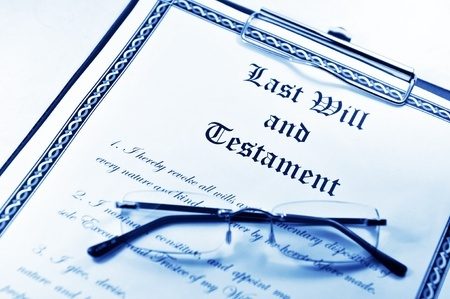 A Will is one of the most important document you can give to your whanau after you die.
A Will is one of the most important document you can give to your whanau after you die.
When a family is grieving they react in many different ways. If you set out your wishes in a Will this can avoid the family arguing over the funeral arrangements or your property. It can avoid family arguments and disruption.
When should you make your Will? Why is your Will still valid even after you separated? Do you need a Will to have your Facebook, Google, Dropbox or other Provider release your password to your family?
These and any other questions you may have can be answered by our legal team. Do contact us with any questions or complete our legal toolbox form.
A Will is a very important document to leave for your whanau. It sets out how you want your assets to be distributed, who you wish to be the guardians of your children and any special funeral arrangements. Your assets and everything you leave behind is referred to as your “estate”.
What happens if I don’t leave a Will?
If you do not have a Will, you will die “intestate”. Your estate will be distributed according to the Administration Act 1969. This Act has a specific method to divide your assets, which means you will not decide who will receive your property when you die. Intestate estates also tend to incur more costs as there are more legal hoops to jump through before all your affairs are settled.
How do I write a Will?
It is wise to speak to a professional who is experienced in drafting Wills. For a Will to be a legally binding document, there are some specific requirements which need to be met. A lawyer will be able to help you with your Will to ensure it is legally binding and avoids any future confusion. Your lawyer will also be able to securely store your Will so you do not need to worry about it being damaged or lost. If you need to make changes to an existing Will, we also recommend speaking to a lawyer to ensure these changes are made properly and that you understand their legal effect.
What do I say in my Will?
Although all Wills are unique to the individual’s family and circumstances, generally they will include the following:
- Your personal details such as your full name, occupation and where you live;
- The details of your spouse or partner;
- The legal appointment of a guardian for your children;
- Your nomination of an Executor/Trustee who will sort out and settle your estate according to the instructions in your Will;
- Who will benefit from your Will by receiving money, possessions or other assets;
- Other instructions such as whether you wish to be cremated or buried and your funeral directions.
What happens to my Will when I am gone?
The process of settling your estate begins after you pass way. The Executor or Executors nominated in your Will begin working with a lawyer to obtain probate (the Court’s recognition that your Will is valid and can be carried out) if necessary (required if the value of any asset you own exceeds $15,000). Your Executor(s) and the lawyer will then perform various tasks including closing your bank accounts, investment accounts, Kiwisaver accounts, dealing with your property, paying any debts you have and notifying your beneficiaries. Distribution of gifts and the remainder of your estate to your beneficiaries is typically the final step in settling an estate, usually 6-12 months after you pass away.
If you have any questions like these or any others, the team at Innes Dean Tararua Law can assist you. If you are all set to begin writing your Will, feel free to complete the Will Instruction Sheet and we will contact you.

